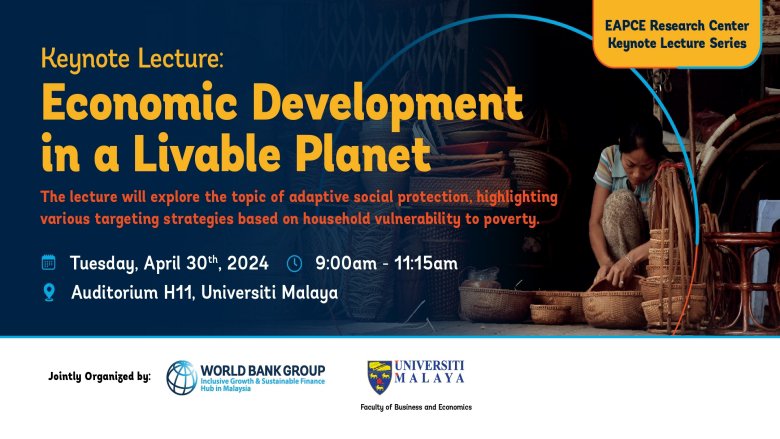Emmanuel Skoufias was born and raised in Greece. He earned a B.A. degree from the University of California, Berkeley (1981) and a Ph.D. in Economics from the University of Minnesota (1988).
He started his academic career as an Assistant Professor at the Pennsylvania State University and continued as an Associate Professor at the Economics Institute of the University of Colorado in Boulder. In 1998, Emmanuel left academia to join the International Food Policy Research Institute (IFPRI) as a Senior Research Fellow to lead the impact evaluation of the PROGRESA Conditional Cash Transfer program of the Government of Mexico. Emmanuel joined the World Bank in 2004 until his retirement in 2022 as a Lead Economist in the Poverty & Equity Global Practice. At the World Bank, he worked on countries in Latin America (Mexico, Guyana, and Brazil), Africa (Angola, Rep. of Congo, Lesotho, and DRC), South Asia (Nepal, India and Bangladesh), and East Asia & Pacific (Indonesia, Philippines and Thailand).
Emmanuel specializes on the use of microdata to analyze the determinants of poverty and household welfare, the impacts of risk and risk management strategies, the evaluation of transfer programs, the identification of households vulnerable to poverty and the targeting of social protection programs, child malnutrition, disparities in standard of living across regions, and the impacts of climate change and climatic variability on different dimensions of welfare.
He has published more than 65 papers on these topics in peer reviewed journals, as well as two books, one on Reducing Stunting through Multisectoral Efforts in Sub-Saharan Africa, and the other on the Poverty and Welfare Impacts of Climate Change.

